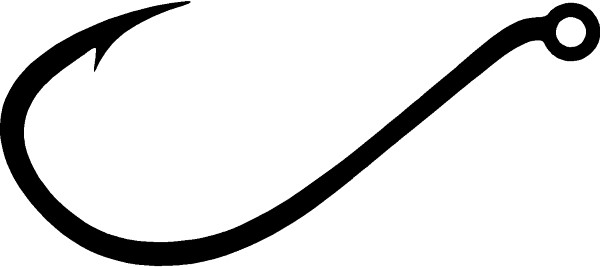How to Study the Bible?
My suggestion on how to study the Bible is to open a Microsoft Word document, pick a book and chapter, and starting from verse 1, enter as many reasonably related questions that you can conceive of. Then proceed to do the same, for the rest of the verses in that chapter. Very soon, you’ll realize that there is more to the text than what you first thought. You’ll also notice that some of the questions are answered in subsequent verses. This is how to unearth hidden gems.
Jesus knew all things, and yet asked more questions than anyone. Why? Questions draw things out of people. If I said to you, “The weather is nice today,” you might reply in agreement, or not at all. But if I said, “What do you think of the weather today?,” then I am forcing you to make your own conclusion. A question is like gasoline for the mind. In fact, if you take a question mark, and turn it upside down, it resembles a fishhook, and that’s essentially what questions do. Questions force people to make their own conclusions, and then draw it out of them, just like a fish on a hook. So when Jesus asked the rich young ruler, “Why do you call Me good? No one is good except God alone” (Luke 18:19), Jesus was forcing him to contemplate his own assumptions, and how it impacted himself, and who he was asking. There are many more such examples, but the point is that questions force people into thinking, and powerful questions can effectively open a locked mind. Therefore, when you study the Bible this way, you will be unable to simply glance over texts, but be forced to really think about what you are reading.
Another way to study the Bible is through memorization, and not merely a single verse, but an entire chapter, so that the context cannot be missed, because if you memorize a series of verses, it is impossible to miss what is memorized.
Question: How do you study the Bible?
Answer: Try a “Reverse Commentary.”

